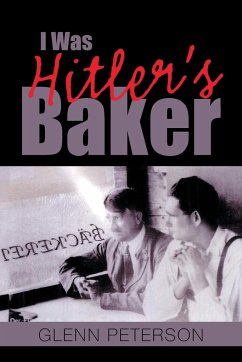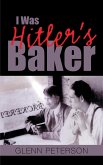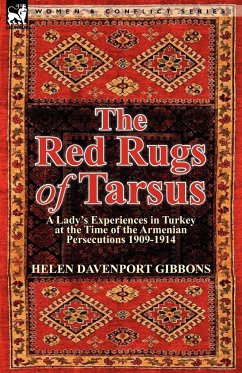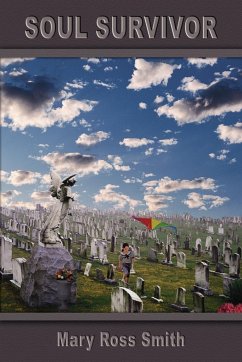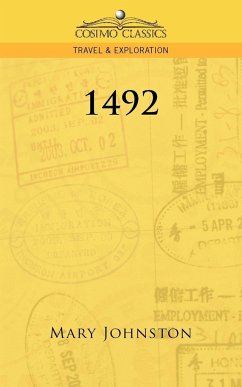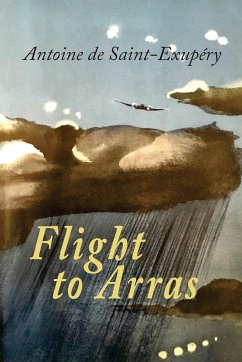"The Germany of my youth no longer existed. The land of edelweiss and the beautiful blue Danube was gone, swept away by an alien ideology represented by jackboots and the skull and crossbones," so writes Josef Putcamer in his 1944 diary when he becomes disillusioned with the Nazi regime. Josef tells the story of his friendship with Adolf Hitler from childhood into adulthood. Blinded in one eye by a stone thrown by young Adolf, Josef is spared from the horrors of the Great War. In 1919 he opens a bakery in Munich, where he reconnects with Adolf, now a firebrand speaker in a local beerhall. Josef is an eyewitness and occasional participant in his friend's rise from obscurity to his selection as chancellor of Germany. Josef's Bäckerei prospers by catering to a Nazi clientele. Josef rubs shoulders with high-ranking Nazi officials, including Albert Speer, Martin Bormann, and Rudolf Hess. He is invited to Hitler's villa in the Bavarian Alps, where he meets Eva Braun. Riding the wave of Hitler's growing popularity, Josef opens two more bakeries. But Hitler goes too far. The war turns against Germany, putting Josef and his family in peril.
Hinweis: Dieser Artikel kann nur an eine deutsche Lieferadresse ausgeliefert werden.
Hinweis: Dieser Artikel kann nur an eine deutsche Lieferadresse ausgeliefert werden.

